Finding Peace in Plants
Gardening can yield surprising health benefits
By Vanessa InfanzonActor and singer Maria Howell still drives by the house in Gastonia where she tended her first garden. Reflecting on digging in the dirt as a 7-year-old with her next door neighbor reminds Maria of how the experience shaped her life.
“She let me grow a cucumber,” Maria says, now a Cabarrus County resident. “I thought it was the most magical thing in the world. I treated it like a pet. The joy of growing something got me at an early age.”
“I’ve always wanted a garden,” she continues. “I’ve always thought that is the epitome of being at peace.”
Connected to nature
Maria’s thinking is on target, and gardening is now recognized as having very real therapeutic benefits, both mental and physical.
Bobbie Mabe, the horticulture therapist at HopeWay, a mental health clinic in Charlotte, works with clients to help them rebuild or form new connections with nature through gardening.
“We are all innately connected to nature,” Bobbie says. “When we feel less connected, that’s when we feel more symptoms of depression and anxiety, and feel isolation.”
Gardening requires a sense of presence, making it a mindfulness activity. Rather than focusing on worries, Bobbie notices clients planning gardens and placing seeds in the soil. The physical work of building garden beds, carrying tools and weeding burns calories and tones muscles.
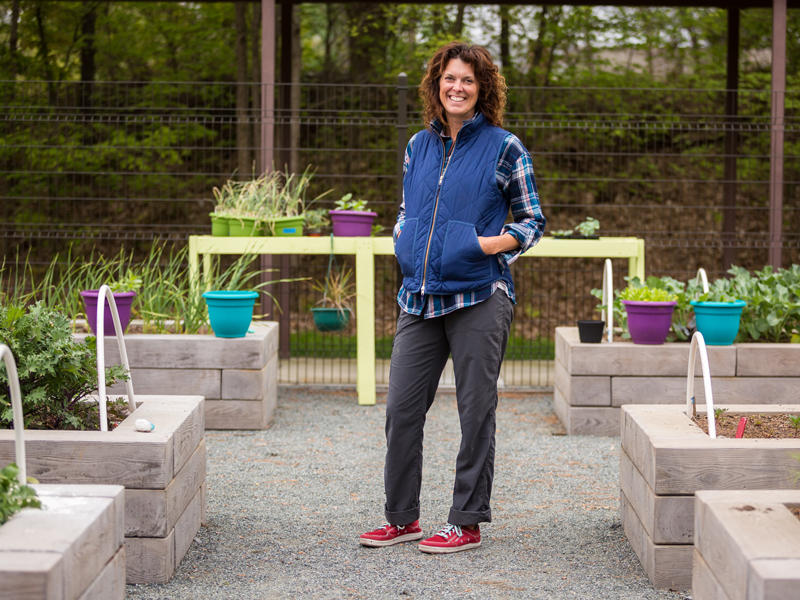
Bobbie Mabe, the horticulture therapist, works with clients to help them rebuild or form new connections with nature through gardening. Photo by HopeWay.
Bobbie says it’s OK to get your hands dirty because contact with microorganisms in the soil decreases cortisol, a stress hormone, and increases serotonin, a chemical thought to stabilize mood.
“If you’re in a space you’re familiar with, garden without gloves,” Bobbie says. “We’re absorbing the healthy microbes in the soil.”
Bobbie recommends first-time gardeners start small and choose plants based on motivation. If you love to cook, plant herbs and vegetables. If flowers blooming make you smile, plants bulbs.
“I am very food motivated so I plant vegetables in my yard,” Bobbie says. “I find a lot of satisfaction eating the romaine lettuce I grew.”
Herbs such as basil and cilantro can flourish in an inside hydroponic garden; the plants grow in water and liquid nutrients, rather than soil. Counter sets may be purchased online for under $100. “You don’t have to build a garden bed outside,” Bobbie explains. “If you’re really interested in food, you’ve got these great organically grown herbs and vegetables, right in your kitchen.”
Love and labor
Although Maria had dreamed of starting a garden from a young age, it was put on hold for decades. At 22, she was cast in the movie “The Color Purple,” and from there, her career as an actor and singer took off. She traveled, playing in bands and acting in movies and television such as “The Blind Side,” “Hidden Figures,” “Hunger Games” and NBC’s “Revolution.”
Currently, she’s in the BET+ series “Sacrifice” and voices Tallulah on HBO Max’s cartoon, “Little Ellen.” Since last August, Maria has been an artist-in-residence at Davidson Day School in Davidson teaching middle school chorus.
“I garden because it’s both therapeutic and it makes me feel healthier … there’s something very special about eating food that you actually grew, with love and labor.”
Although Maria had a small garden when she lived in Atlanta in the early 2000s, it was the pandemic that prompted her to pursue gardening again. She experimented with growing herbs and vegetables in pots and in a 4-foot-by-4-foot raised garden. Having the ability to move pots around to see what conditions are best for a particular plant has worked well for Maria.
“Gardening is what kept me sane during the pandemic,” she says. “I was outside more than I was in the house. There’s something special about digging in the dirt.”
Maria’s relied on the website and YouTube channel “Next Level Gardening,” local nurseries and neighbors for advice and tips. Her tools include a hat, kneepad, snippers and gloves. Sometimes she uses seeds and other times, starts with a small plant.
Maria leans into growing what she can cook and eat. She’s grown a small variety of veggies — green beans, cucumbers and hot peppers. This year, cherry tomatoes, rosemary, cilantro, and peppermint will be planted in her garden.
“I garden because it’s both therapeutic and it makes me feel healthier,” she says. “To be able to grow your own food, whether it’s herbs or a full-blown garden — there’s something very special about eating food that you actually grew, with love and labor.”
Know before you grow
Check out these resources from North Carolina gardening groups and experts.
Online
Garden Club of North CarolinaNational Garden Clubs
North Carolina Cooperative Extension
In print
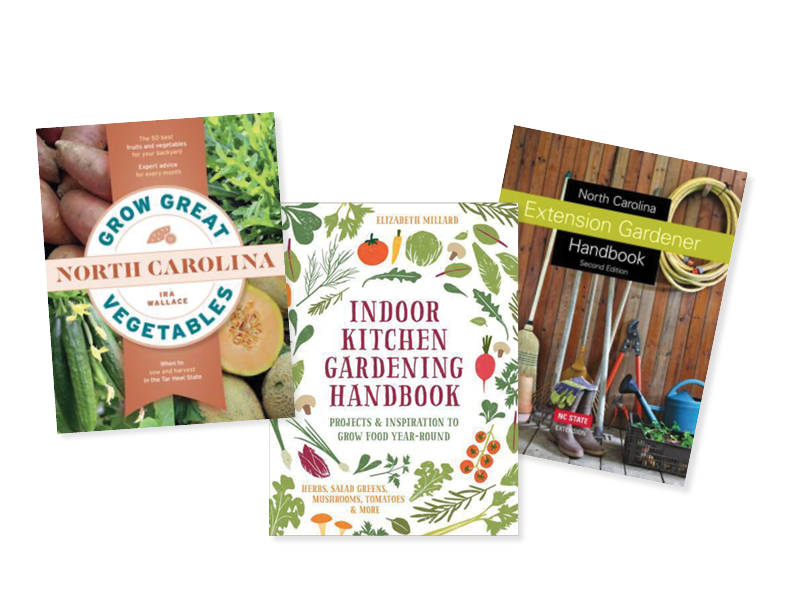
“Indoor Kitchen Gardening: Turn Your Home Into a Year-round Vegetable Garden” by Elizabeth Millard Cool Springs Press, 224 pages
“North Carolina Extension Gardener Handbook” by Kathleen Moore and Lucy Bradley. Learn more here.
-
More gardening tips
-
Share this story:

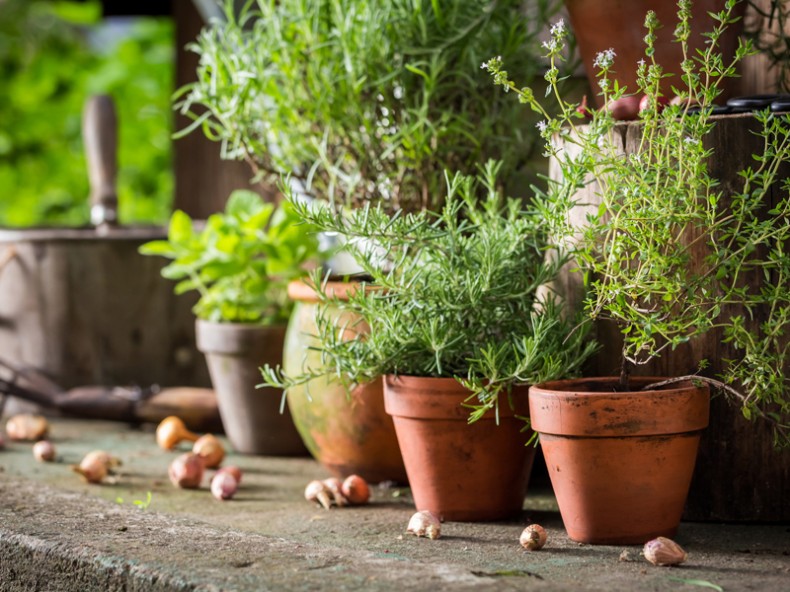
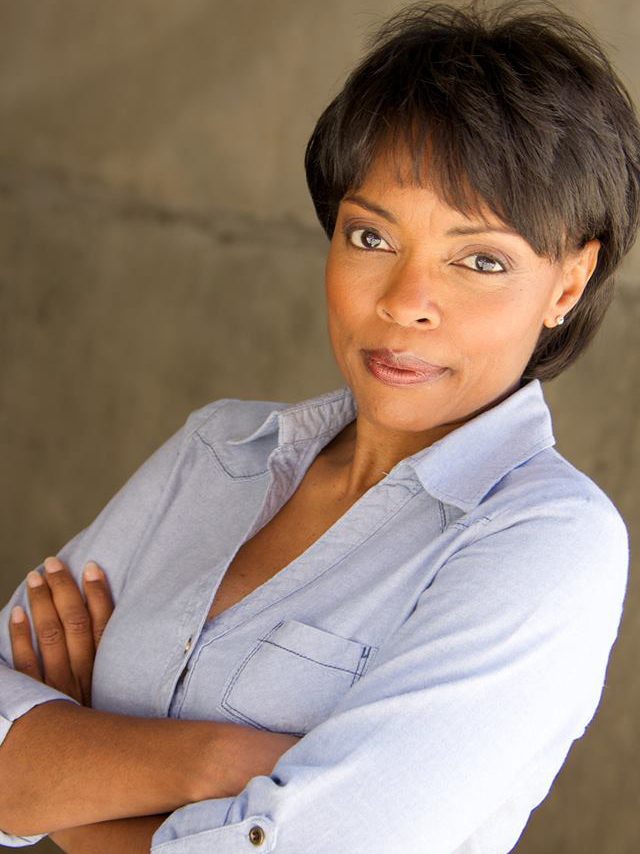
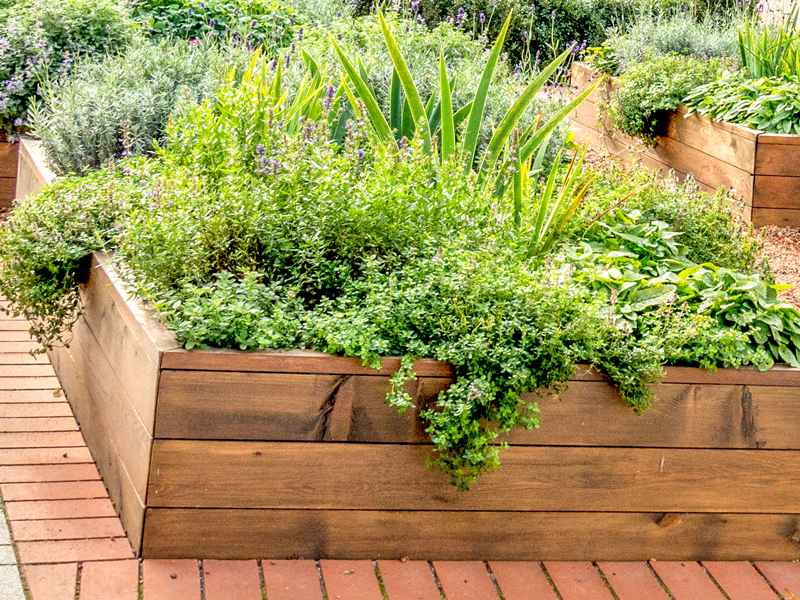
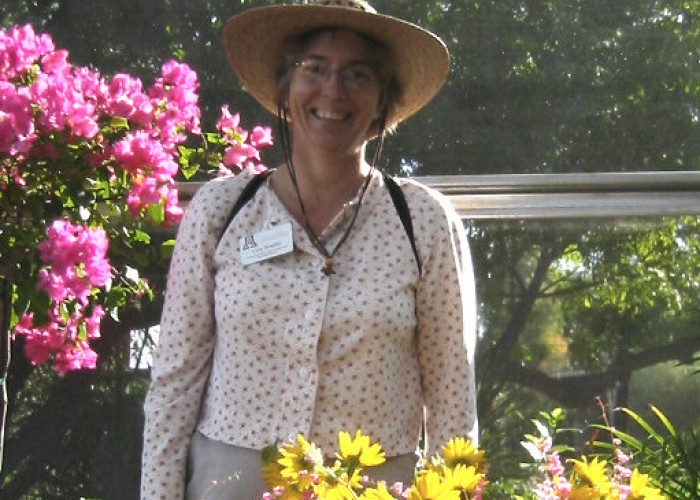
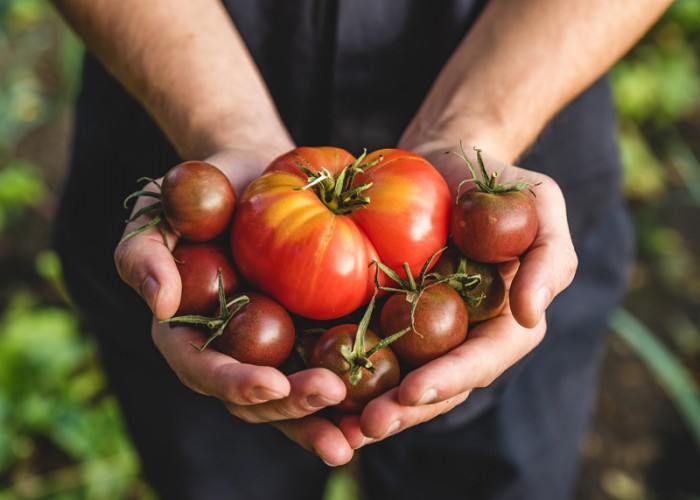
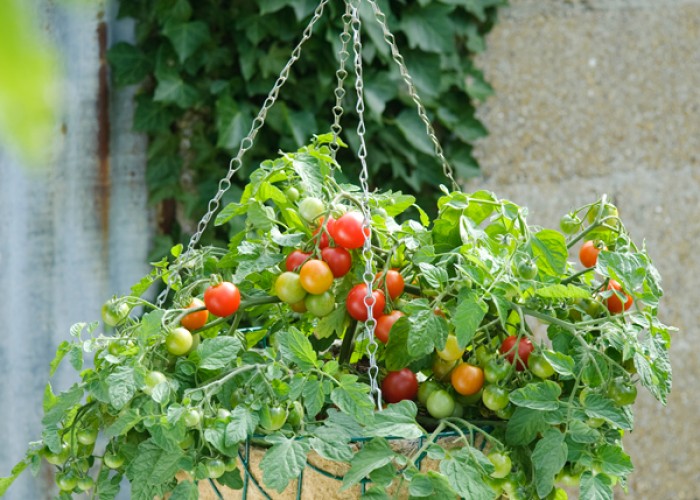

Comments (3)
Ellie |
February 26, 2023 |
reply
Carolina Country |
February 27, 2023 |
reply
Diana |
February 27, 2023 |
reply